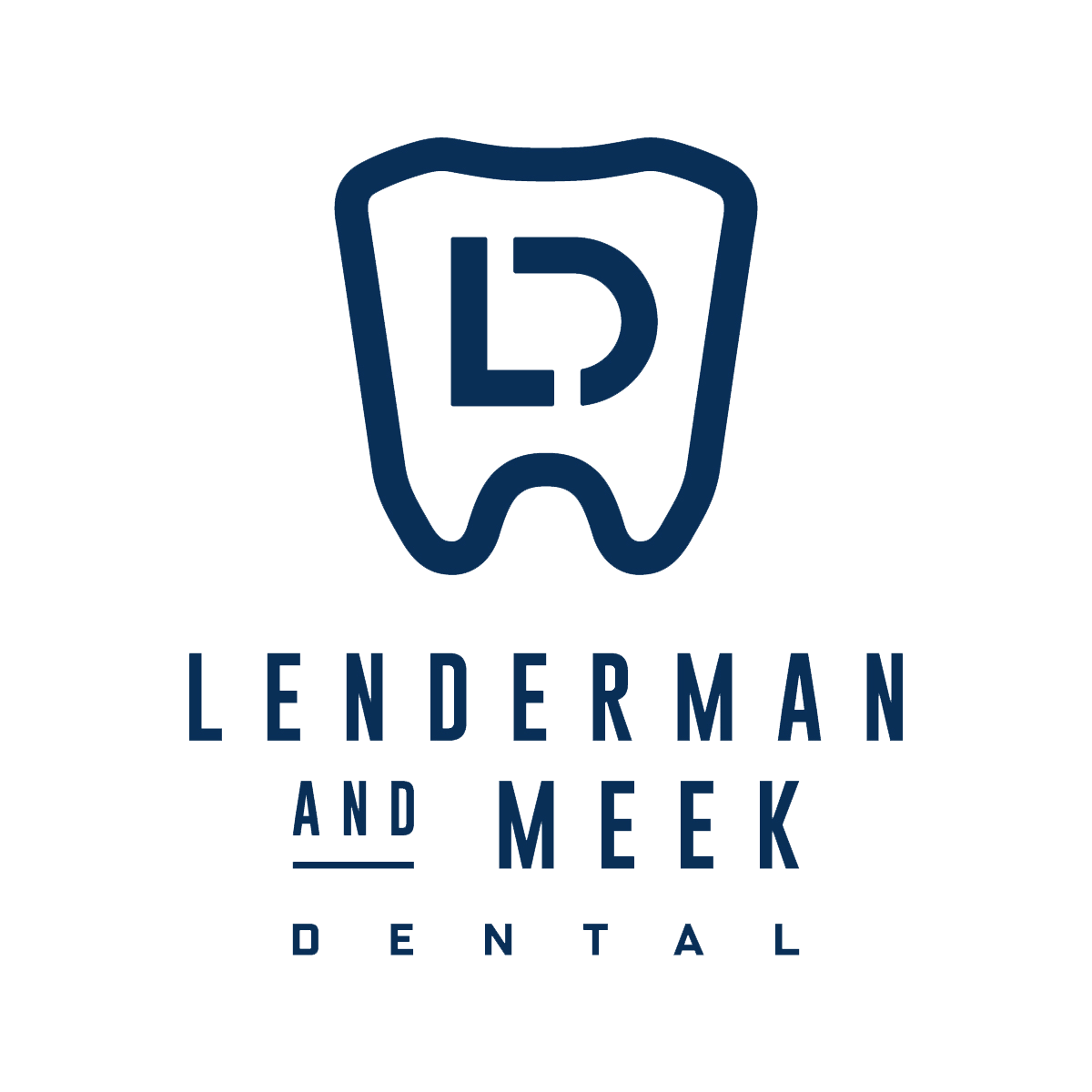Common Symptoms of TMJ Disorders
The temporomandibular joint is the jaw joint responsible for allowing the jaw to move smoothly up and down and side to side, enabling us to talk, chew, and yawn. Temporomandibular joint disorders (TMD) affect the joint that connects the jaw to the skull. When the TMJ is not functioning correctly, it can cause a wide range of symptoms, including jaw pain, neck and facial pain, difficulty chewing and speaking, and a clicking or popping sound when moving the jaw.
If you’re experiencing TMJ pain, you need to work with a dentist trained in treating TMD to ensure that you receive the best possible care. At Lenderman & Meek Dental, our team of experts will work with you to create a comprehensive treatment plan that may include a combination of self-care measures, medication, therapy, and surgery, depending on your specific needs.
Overall, the goal of TMJ/TMD treatment is to relieve pain and discomfort, improve the function of jaw muscles, and prevent further damage to the jaw joints. With the proper treatment, most people with TMD can expect significant improvement in their symptoms and an enhanced quality of life.
Treatment Options
Treatment for temporomandibular disorders varies depending on the severity of the condition and the underlying cause. In some cases, simple self-care measures such as eating soft foods and avoiding jaw-clenching can help to relieve TMJ symptoms. Some standard treatment options include:

Medication
Over-the-counter pain relievers such as ibuprofen and acetaminophen can help to relieve pain and discomfort associated with TMD. Muscle relaxants and nonsteroidal anti-inflammatory drugs are other potential options to help reduce tension in the facial muscles.
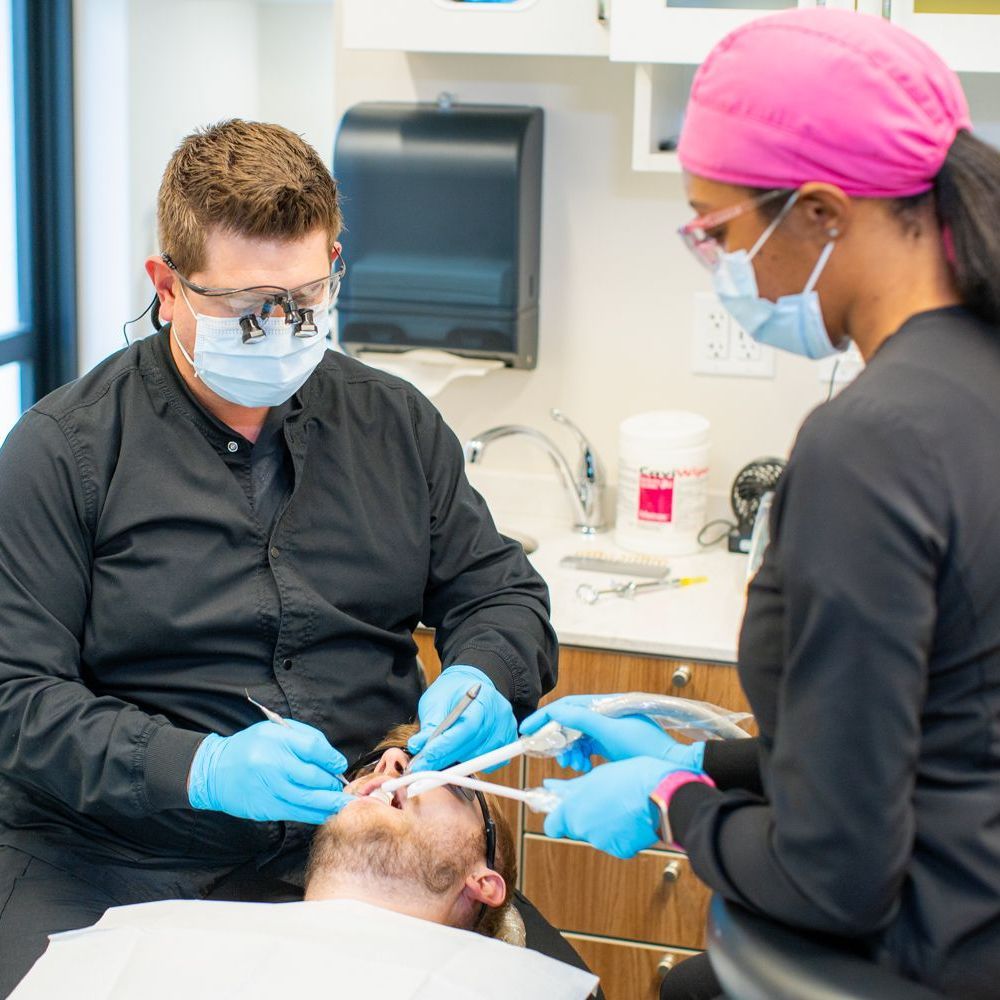
Surgery
Surgery may be necessary to repair or replace the affected joint if severe pain persists. However, this can be a complex and invasive procedure and should only be considered as a last resort.
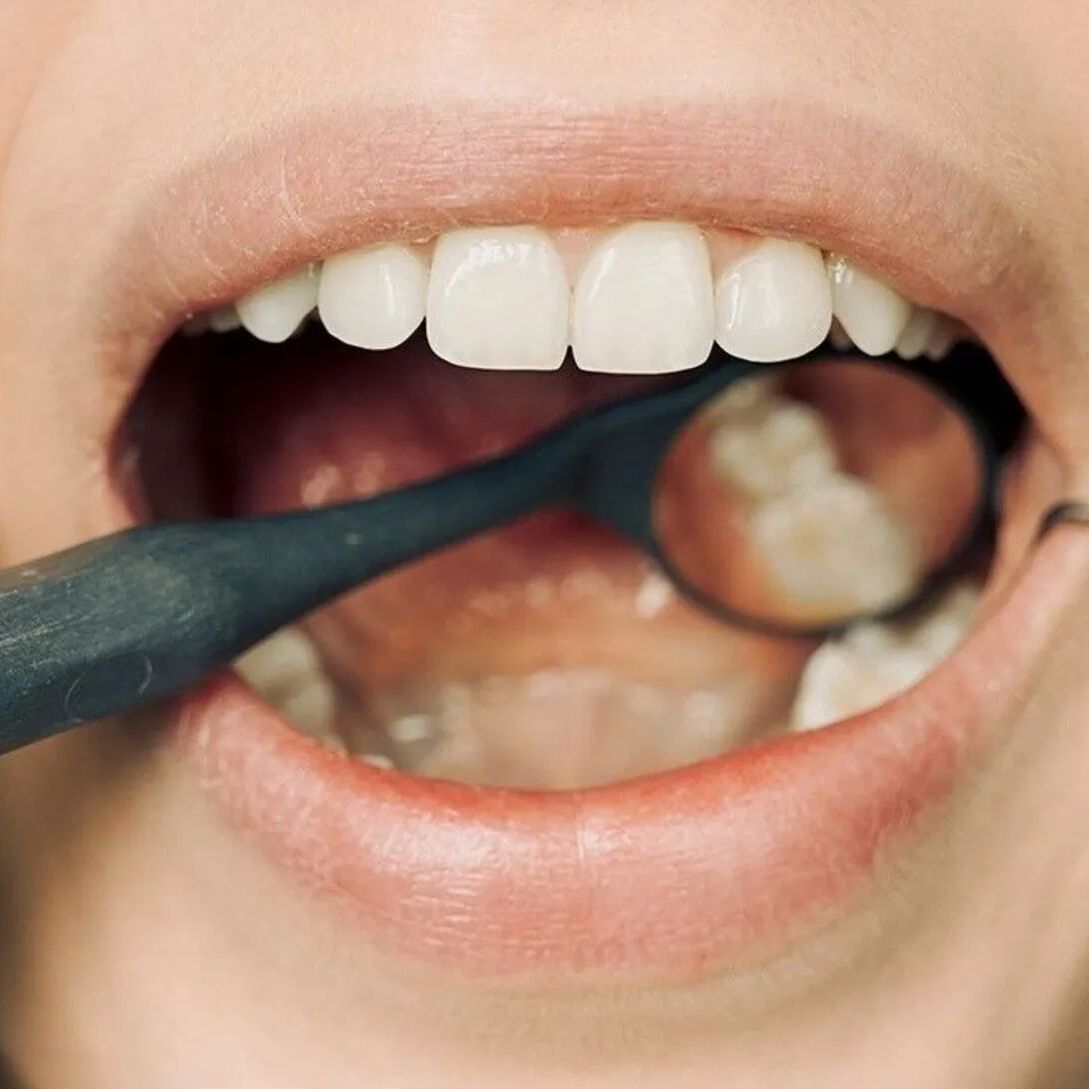
Physical Therapy
Physical therapy is another non-invasive, easy method for improving joint function and flexibility. Your dentist will teach you various exercises and stretches to help improve the function of your temporomandibular joints to reduce pain and stiffness.
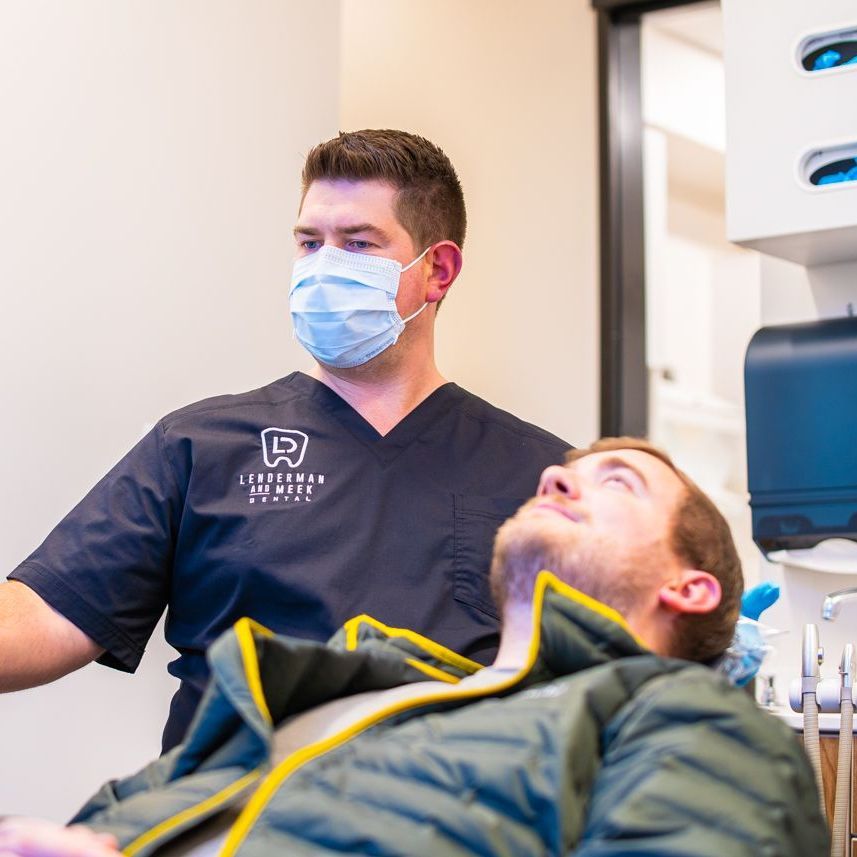
Mouthguard or Bite Splint
If self-care measures are ineffective, your dentist may recommend more intensive treatment options. Mouthguards or bite splints can help to reposition the jaw and relieve pressure on the affected joint. A mouthguard or bite splint is a custom-fitted appliance worn over the teeth to help correct any jaw misalignment and realign your upper and lower teeth. This can help to reduce teeth grinding and unnecessary stress on the TMJ, preventing further damage.
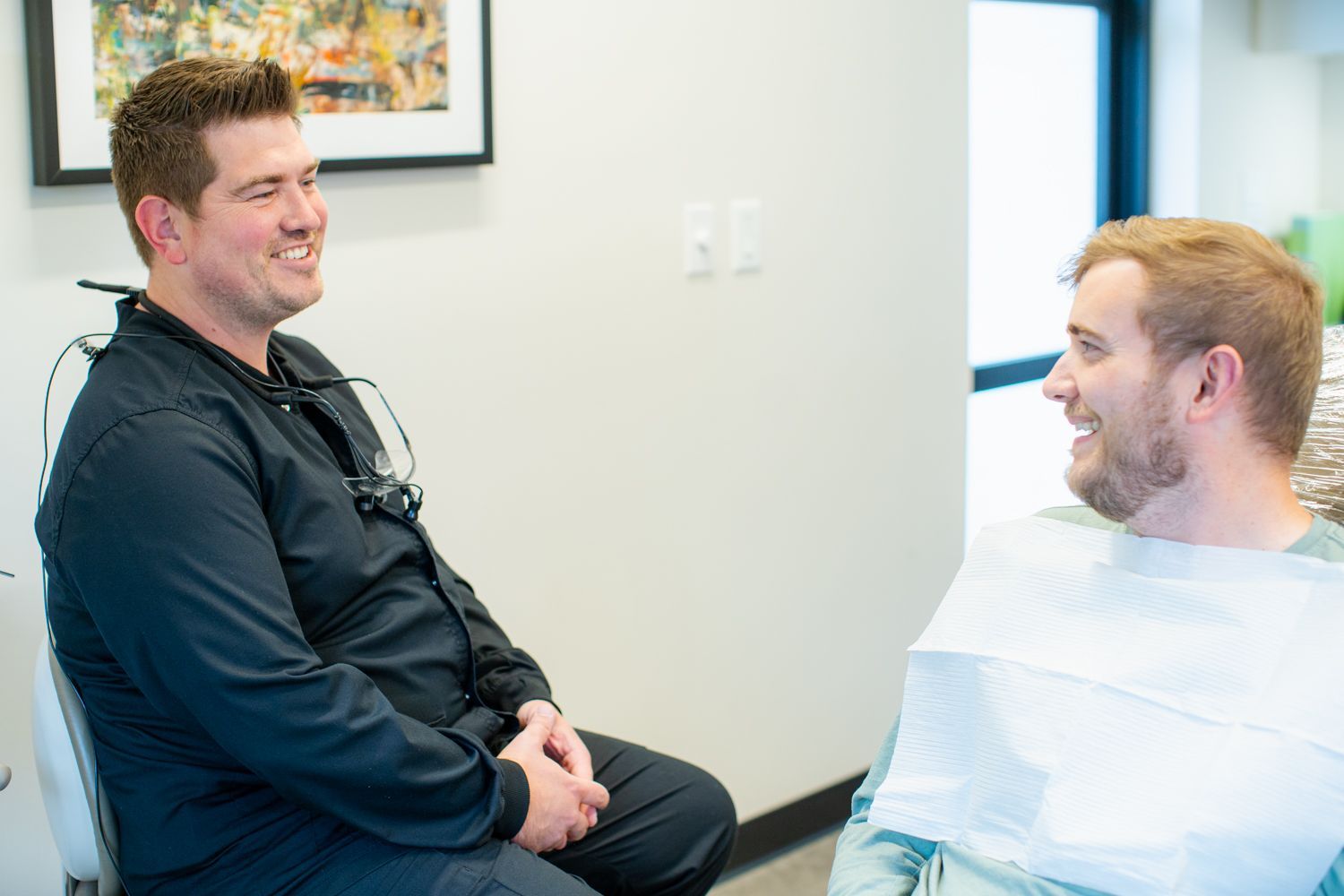
Redefining the Way You View Dental Care
At all ages and stages in life, we care about each and every patient that visits us. From beginning to end, your appointment will be about you and how we can help relieve your TMD symptoms so you can achieve and maintain the healthiest, happiest smile.
No Insurance? No Problem!
We want high-quality dental care to be accessible to everyone. Our membership allows you to pay a small monthly fee and receive the dental care you need, even if you don’t have insurance. Sign up for the Lenderman & Meek Dental Membership Plan here today!
From Our Patients
Rick Harvey
They have a new, nice and clean dentist office. The front desk ladies were so welcoming. The doctor's assistant, Bri, was very helpful and made...
Maude Carter
Best care and service always! The staff are friendly and attentive to my needs. They are efficient and prepared to provide treatment at...
Michelle Bosley
My experience was awesome!! Tammy my hygienist was great. She and Dr. Lenderman were very patient with me, and explained things very well. The front receptionist...
Ready to Get Back to a Pain-Free Life?
We want to help restore your jaw function and relieve your pain. Request your appointment today!



